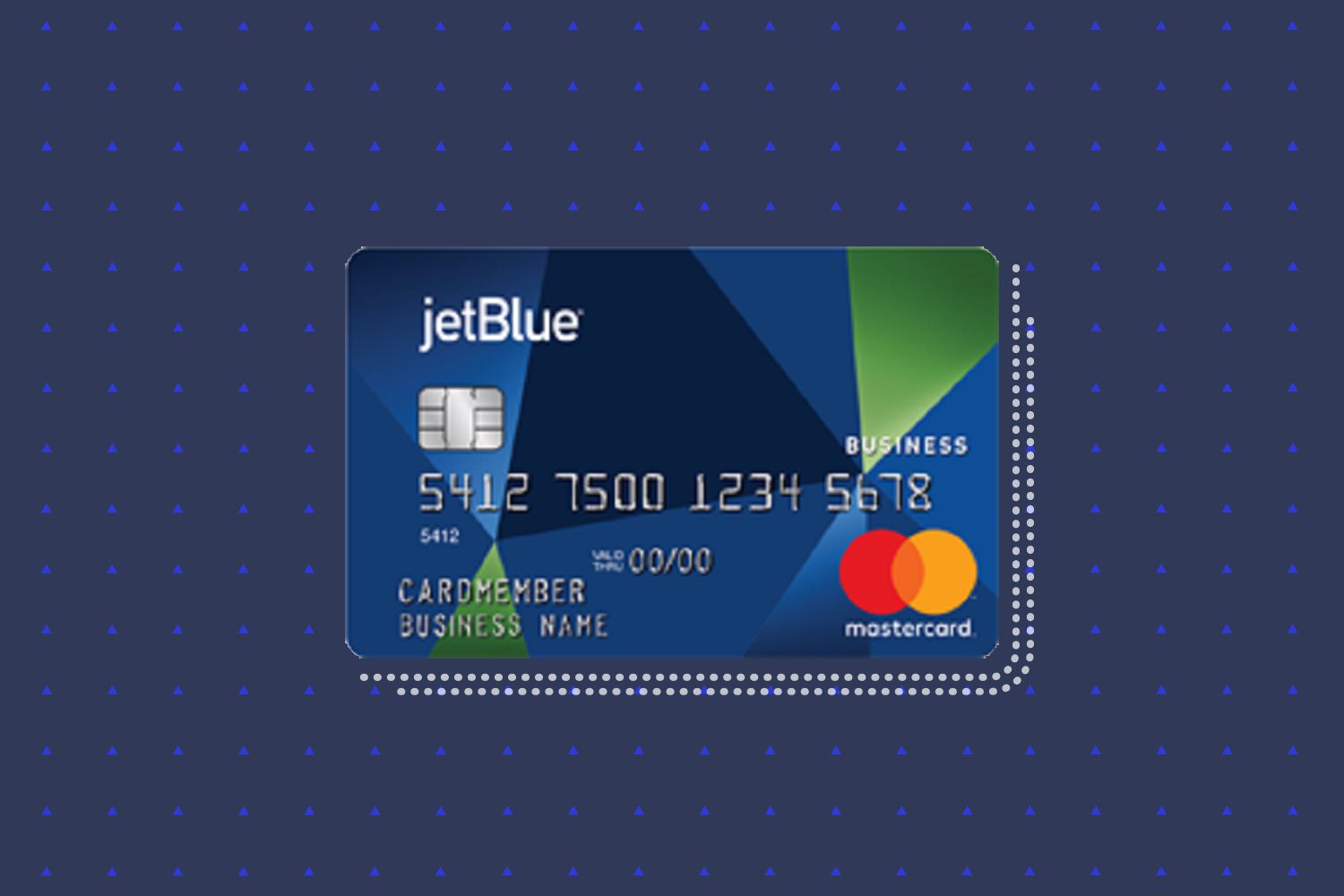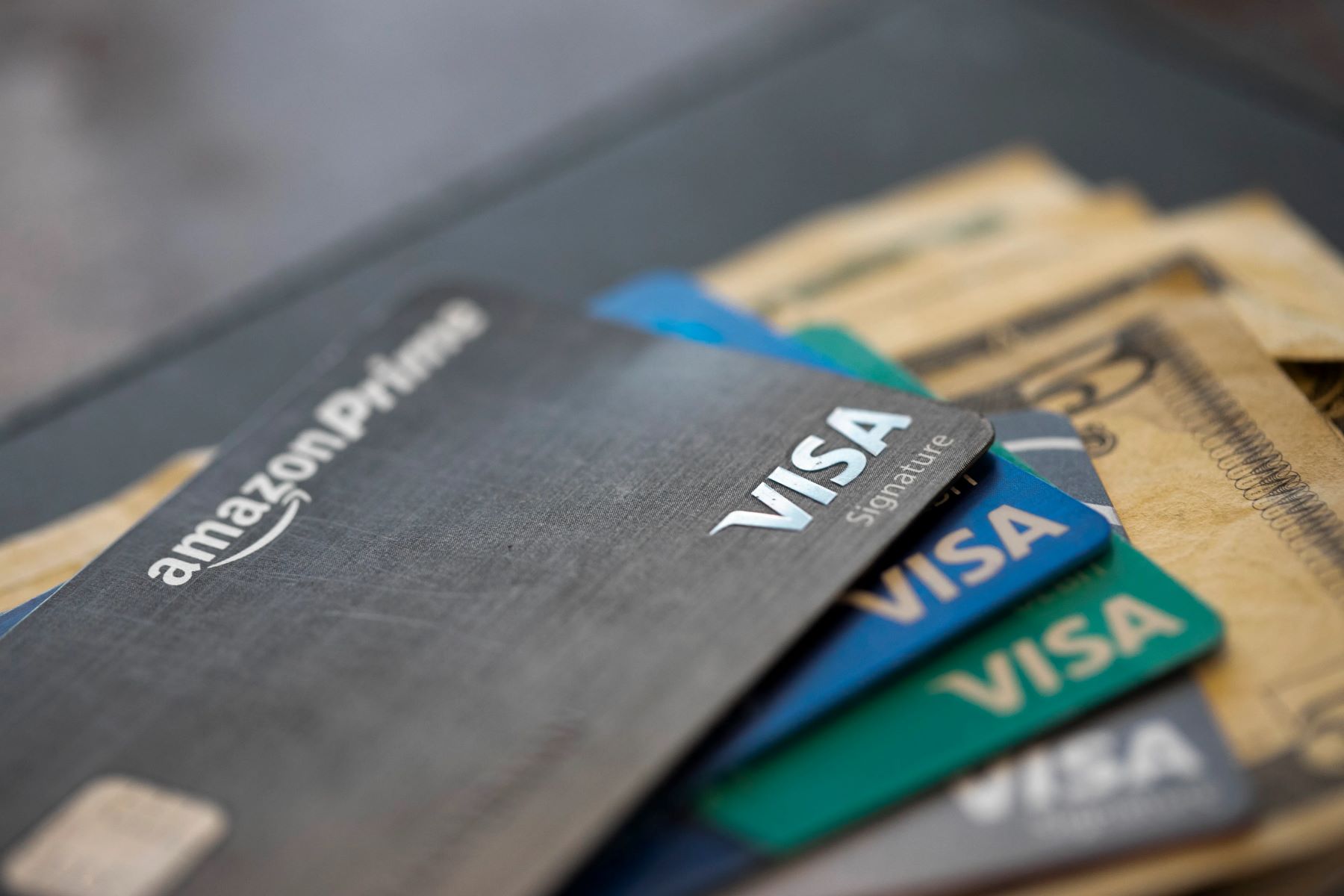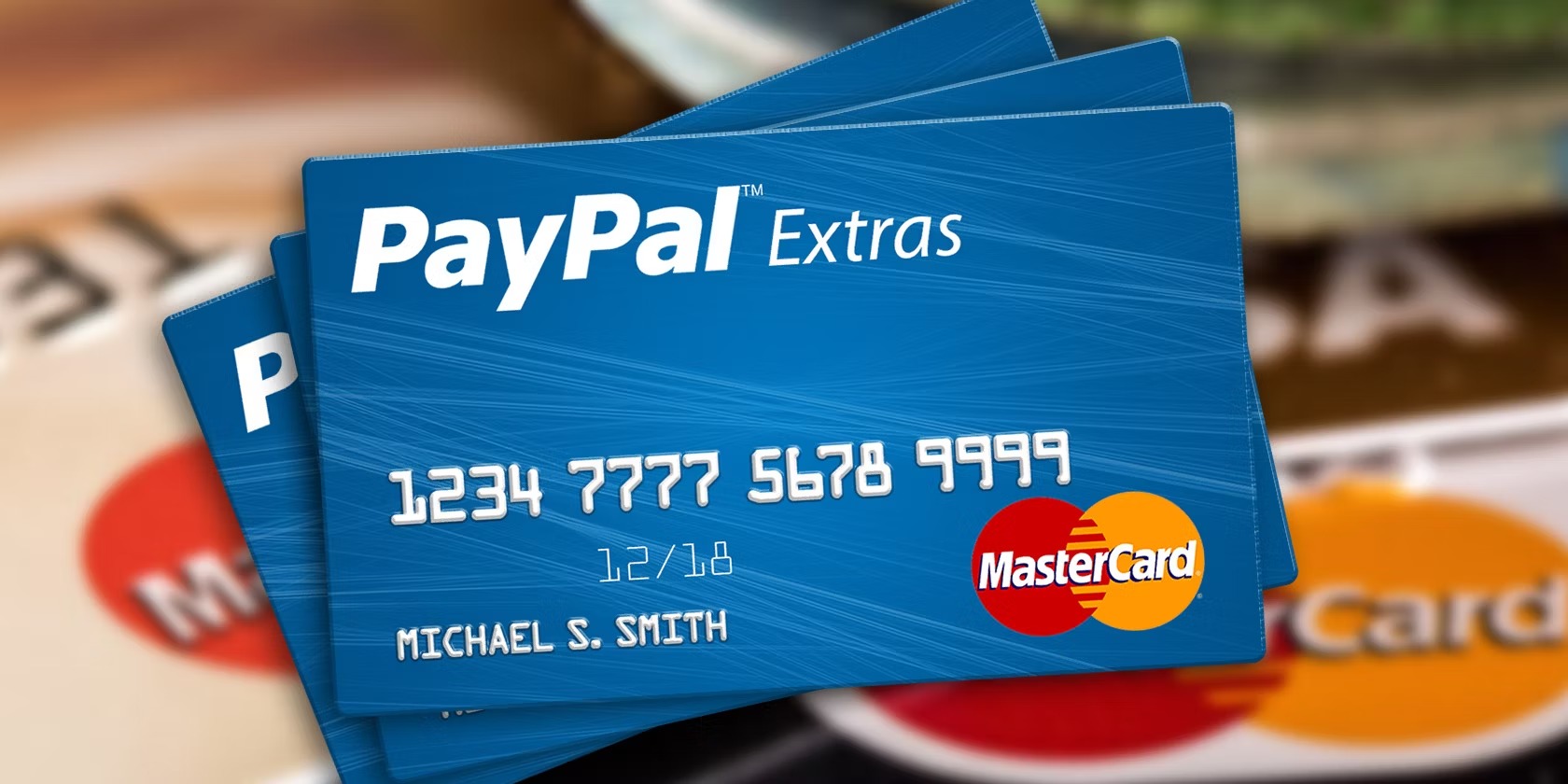Home>Finance>What Credit Score Do You Need To Get An Unsecured Card


Finance
What Credit Score Do You Need To Get An Unsecured Card
Published: March 2, 2024
Learn about the credit score requirements for obtaining an unsecured card and how it impacts your finance options. Understand the minimum credit score needed to qualify for an unsecured credit card.
(Many of the links in this article redirect to a specific reviewed product. Your purchase of these products through affiliate links helps to generate commission for LiveWell, at no extra cost. Learn more)
Table of Contents
Introduction
Understanding the Importance of Credit Scores for Unsecured Cards
Credit scores play a pivotal role in financial transactions, influencing the terms and conditions of loans, mortgages, and credit cards. When it comes to unsecured cards, your credit score holds significant weight in determining your eligibility and the credit limit you may receive. Understanding the impact of credit scores on unsecured cards is essential for anyone seeking to build or rebuild their credit.
A credit score is a numerical representation of an individual's creditworthiness, typically ranging from 300 to 850. Lenders and credit card issuers use this score to evaluate the risk of extending credit to a particular individual. A higher credit score indicates a lower risk for the lender, potentially resulting in more favorable terms and higher credit limits.
In the context of unsecured cards, a good credit score can open doors to a wide array of options. Unsecured cards do not require collateral and are typically offered based on the applicant's creditworthiness. This makes credit scores a critical factor in the approval process. With a strong credit score, individuals may qualify for unsecured cards with competitive interest rates, rewards programs, and desirable perks.
On the other hand, a lower credit score can limit the availability of unsecured card options and may lead to higher interest rates and lower credit limits. It's important to recognize that a poor credit score doesn't necessarily disqualify you from obtaining an unsecured card, but it can significantly impact the terms and conditions offered by the card issuer.
In this article, we will delve into the specific credit score requirements for unsecured cards, providing valuable insights for individuals looking to navigate the world of credit and improve their financial standing. Understanding the minimum credit score requirements and the steps to improve your credit score can empower you to make informed decisions and work towards accessing unsecured cards that align with your financial goals.
Understanding Credit Scores
Credit scores are numerical representations of an individual’s creditworthiness, providing lenders and creditors with insights into an individual’s financial behavior and ability to manage debt. These scores are calculated based on various factors, including payment history, credit utilization, length of credit history, types of credit used, and new credit accounts.
Payment history, which accounts for approximately 35% of a credit score, reflects an individual’s track record of making timely payments on credit accounts. This factor holds significant weight, as it demonstrates a person’s reliability in meeting their financial obligations. Late payments, defaults, and bankruptcies can have adverse effects on an individual’s credit score.
Credit utilization, representing about 30% of the score, measures the proportion of available credit that a person is using. High credit utilization can indicate financial strain and may negatively impact a credit score, while lower utilization rates are generally viewed more favorably by creditors.
The length of an individual’s credit history contributes approximately 15% to the credit score. A longer credit history provides a more comprehensive picture of a person’s financial habits and can positively influence their credit score, assuming responsible credit management over time.
The types of credit used, which make up around 10% of the score, encompass the various forms of credit an individual utilizes, such as credit cards, installment loans, and mortgages. A diverse credit portfolio, managed effectively, can contribute positively to a credit score.
New credit accounts, representing approximately 10% of the score, take into account the number of recently opened accounts and credit inquiries. Opening multiple new accounts within a short period or numerous credit inquiries can raise concerns for creditors, potentially impacting the credit score.
Understanding these components of credit scoring is crucial for individuals aiming to improve their creditworthiness and qualify for unsecured credit cards. By managing these factors responsibly, individuals can work towards achieving and maintaining a favorable credit score, increasing their access to a broader range of unsecured card options with more favorable terms and benefits.
What Is an Unsecured Card?
An unsecured card is a type of credit card that does not require collateral to secure the credit line. Unlike secured cards, which necessitate a cash deposit as security, unsecured cards are extended based on the cardholder’s creditworthiness and financial history. These cards offer a line of credit that is not backed by specific assets, providing cardholders with the flexibility to make purchases and manage their expenses without tying up funds in a security deposit.
Unsecured cards are widely available in the credit card market and come in various forms, including rewards cards, cashback cards, travel cards, and low-interest cards. They offer cardholders the convenience of making purchases up to a predetermined credit limit, with the flexibility to repay the borrowed amount over time, subject to the terms and conditions outlined by the card issuer.
One of the key advantages of unsecured cards is their potential to contribute to the establishment and improvement of an individual’s credit history. Responsible use of an unsecured card, such as making timely payments and maintaining a low credit utilization ratio, can positively impact the cardholder’s credit score over time. This, in turn, can enhance their overall creditworthiness and expand their access to more favorable financial products and services.
Unsecured cards often come with a range of features and benefits, including rewards programs, introductory offers, and consumer protections. These perks can vary widely among different card offerings, providing cardholders with opportunities to earn rewards on their spending, benefit from promotional interest rates, and enjoy additional insurance and purchase protection benefits.
It’s important for individuals considering unsecured cards to carefully review the terms, fees, and rewards associated with each card to select the option that best aligns with their financial needs and goals. By understanding the features and implications of unsecured cards, individuals can make informed decisions about their credit card choices and leverage these financial tools to support their ongoing financial well-being.
The Importance of Credit Scores for Unsecured Cards
Credit scores hold significant importance in the realm of unsecured cards, shaping the accessibility and terms of these financial products. When individuals apply for unsecured cards, their credit scores serve as a primary indicator of their creditworthiness, influencing the approval process and the credit limits offered by card issuers.
For card issuers, credit scores provide valuable insights into an individual’s financial behavior and their likelihood of responsibly managing credit. Higher credit scores typically indicate a history of timely payments, low credit utilization, and overall responsible credit management, signaling lower risk for the card issuer. As a result, individuals with higher credit scores are more likely to qualify for unsecured cards with higher credit limits, lower interest rates, and enhanced rewards and benefits.
Conversely, lower credit scores can present challenges when applying for unsecured cards. Individuals with lower scores may encounter difficulties in securing favorable terms and may face limitations on the credit limits extended to them. Additionally, they may be subject to higher interest rates and fewer rewards and benefits compared to those with higher credit scores.
Furthermore, credit scores can influence the likelihood of approval for specific unsecured card offerings. Some premium or rewards-focused unsecured cards may require higher credit scores for approval, making them more attainable for individuals with excellent credit histories. Understanding the relationship between credit scores and unsecured card eligibility empowers individuals to target card options aligned with their credit profiles and financial objectives.
It’s crucial for individuals to recognize that their credit scores are dynamic and can be improved over time through responsible credit management. By demonstrating consistent, positive financial behaviors, such as making on-time payments, maintaining low credit utilization, and managing a diverse mix of credit accounts, individuals can work towards enhancing their credit scores and expanding their access to more favorable unsecured card options.
Ultimately, the importance of credit scores for unsecured cards underscores the significance of cultivating and preserving strong credit profiles. By prioritizing sound financial habits and monitoring their credit scores, individuals can position themselves to capitalize on the benefits offered by unsecured cards, paving the way for improved financial flexibility and opportunities for long-term financial success.
Minimum Credit Score Requirements for Unsecured Cards
When it comes to unsecured cards, credit card issuers establish minimum credit score requirements to assess the creditworthiness of applicants and mitigate the associated risks. While specific credit score thresholds can vary among different card issuers and individual card offerings, understanding general guidelines can provide valuable insights for individuals seeking unsecured cards.
Typically, unsecured cards are available to individuals with a broad spectrum of credit scores, ranging from those with excellent credit to individuals with fair or average credit. Card issuers often categorize their card offerings based on credit score ranges, tailoring products to meet the diverse needs and credit profiles of potential cardholders.
For individuals with excellent credit scores, often defined as scores above 750, a myriad of unsecured card options with competitive interest rates, robust rewards programs, and premium benefits are within reach. These individuals may qualify for elite credit cards that offer exclusive perks, such as travel rewards, concierge services, and luxury upgrades, enhancing their overall cardholder experience.
Those with good to very good credit scores, typically falling within the range of 700 to 749, also have access to a wide array of unsecured card options. While they may encounter slightly higher interest rates than individuals with excellent credit, they can still secure cards with attractive rewards, cashback incentives, and introductory offers, providing substantial value for their spending habits.
Individuals with fair or average credit scores, typically ranging from 600 to 699, may encounter more limited options for unsecured cards. While they may still qualify for unsecured cards, the available choices may feature higher interest rates and fewer rewards and benefits compared to cards tailored for higher credit score segments.
For individuals with poor credit scores, generally below 600, obtaining unsecured cards can be challenging. In such cases, focusing on credit score improvement through responsible financial behaviors and potentially considering secured credit card options to rebuild credit may be advisable before pursuing unsecured cards.
It’s important to note that these credit score ranges are general guidelines, and individual card issuers may have specific criteria and considerations that impact the approval process. Factors such as income, employment status, and existing financial obligations can also influence the evaluation of credit card applications.
By understanding the minimum credit score requirements for unsecured cards and recognizing the potential impact of their credit scores on card eligibility and terms, individuals can make informed decisions about pursuing unsecured cards that align with their current credit standing and financial objectives.
Tips for Improving Your Credit Score
Improving your credit score is an essential step toward expanding your access to favorable financial products, including unsecured cards with attractive terms and benefits. By implementing strategic financial practices, individuals can work towards enhancing their creditworthiness and achieving higher credit scores, opening doors to a broader range of credit opportunities.
- Make Timely Payments: Consistently paying bills and credit obligations on time is crucial for maintaining a positive credit history. Late payments can significantly impact your credit score, so setting up automatic payments or reminders can help ensure punctual payments.
- Manage Credit Utilization: Keeping credit card balances low in relation to credit limits can positively influence your credit score. Aim to maintain a credit utilization ratio below 30% across your credit accounts to demonstrate responsible credit management.
- Diversify Your Credit Mix: Managing a diverse array of credit accounts, such as credit cards, installment loans, and mortgages, can contribute to a healthier credit profile. However, only pursue credit accounts that you genuinely need and can manage responsibly.
- Regularly Check Your Credit Report: Monitoring your credit report for errors, inaccuracies, or signs of identity theft is essential. By reviewing your report regularly, you can address any issues promptly and safeguard your credit standing.
- Limit New Credit Inquiries: Excessive credit inquiries within a short period can raise concerns for creditors. When shopping for credit, such as a new card or loan, try to space out your applications to minimize the impact on your credit score.
- Consider Becoming an Authorized User: Being added as an authorized user on a family member’s or friend’s credit card with a positive payment history can potentially bolster your credit score. However, ensure that the primary cardholder’s responsible credit habits align with your goals.
- Utilize Credit-Building Tools: Secured credit cards and credit-builder loans can serve as effective tools for establishing or rebuilding credit. These products enable individuals with limited or damaged credit histories to demonstrate creditworthiness and improve their scores over time.
By incorporating these tips into your financial routine, you can take proactive steps toward elevating your credit score and positioning yourself for enhanced financial opportunities, including access to unsecured cards with favorable terms and benefits.
Conclusion
Understanding the role of credit scores in the realm of unsecured cards is pivotal for individuals navigating the landscape of personal finance. Credit scores serve as a barometer of creditworthiness, influencing the accessibility and terms of unsecured cards, which offer valuable financial flexibility and the potential for credit score improvement.
As individuals seek to leverage unsecured cards to support their financial goals, they must recognize the impact of credit scores on the approval process, credit limits, interest rates, and benefits associated with these cards. By maintaining and enhancing their credit scores, individuals can position themselves to access a broader array of unsecured card options with more favorable terms and rewards.
Moreover, the journey toward credit score improvement involves embracing responsible financial habits, such as making timely payments, managing credit utilization, and diversifying credit accounts. By implementing these practices, individuals can work towards fortifying their credit profiles and advancing their overall financial well-being.
Ultimately, the interplay between credit scores and unsecured cards underscores the significance of informed financial decision-making and proactive credit management. By empowering themselves with knowledge and strategic financial behaviors, individuals can harness the potential of unsecured cards to build credit, unlock financial opportunities, and progress toward their long-term financial aspirations.
As individuals embark on their credit-building and financial empowerment journeys, the synergy between credit scores and unsecured cards stands as a testament to the transformative power of sound financial stewardship and the potential for lasting financial prosperity.














